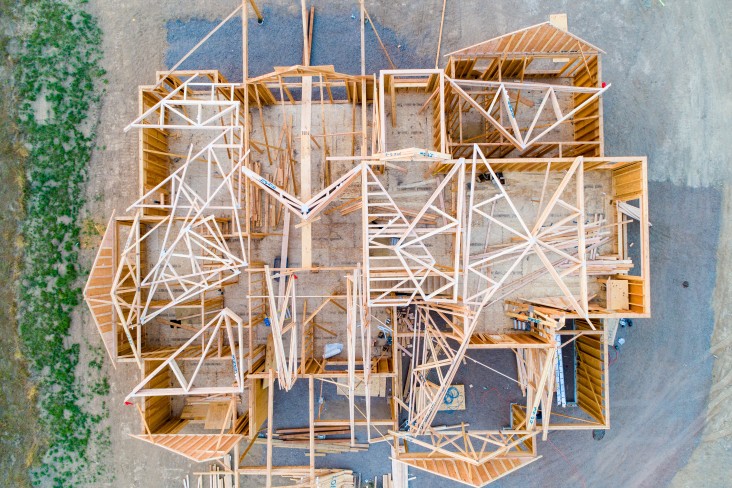Building a house can be one of the most exciting projects you’ll ever carry out, but it can also be one of the most stressful.
There’s certainly a lot more to it than meets the eye. If you’ve ever built a house before and gone through all the hurdles, you’ll have no doubt learnt a thing or two.
The Build Contract sets out the terms and conditions with your builder and it can be long and full of legal jargon. It’s important to get a lawyer to guide you through the document to make sure it’s in your best interests and there are no nasty surprises further down the line.
Even the most well drafted build contract will not prevent you from having issues if the builder is not up to scratch however so make sure you do your own due diligence on the builder and you’re certain they are the one for the job.
There’s no such thing as a fixed price contract
Build contracts often include wide powers for the builder to pass on any fluctuations in prices or to compensate for adjustments or variations in the build. Build contracts can also include “provisional sums”. These are estimated costs for specific elements of the build where the cost will not be determined until later. The amount you will pay will be the actual cost even if it is above the initial estimate. If you have ever watched Grand Designs, you’ll know builds never go under budget so make sure you have additional funds at the ready for all eventualities.
The deposit
Most building companies will ask you for a deposit at the time you sign the contract. The deposit is usually non-refundable, so make sure your finance is confirmed.
Staged payments
Generally, payments are made in stages and the final instalment is paid on issue of CCC or practical completion. Payments should be at appropriate stages of the build. You may need to confirm with your bank (if you are using a bank loan) that they are happy with the timing of each payment. You should review each invoice carefully and make sure you get evidence that the stage you are paying for has been completed to your satisfaction.
Building guarantees
There are building bodies that offer building guarantees like the Master Builders Association. Ideally this will be offered as part of your building contract. These guarantees give you certainty that you will be covered if the builder abandons the project mid-build or if structural or material defects appear after completion.
Last word
Make sure the terms of the building contract stack up and are right for you. Get legal advice before you sign anything. Reputable building companies want to do a good job, their reputation is on the line, so do your research and get endorsements from others who have built with the company before you.
